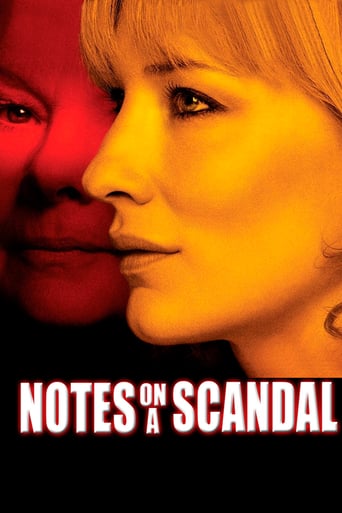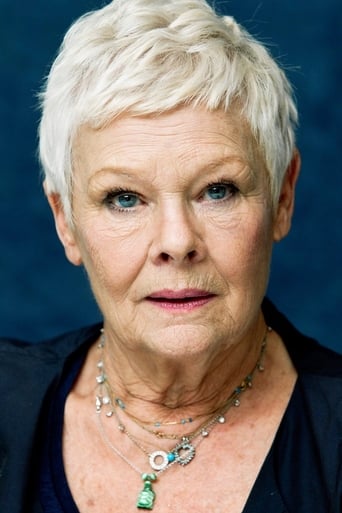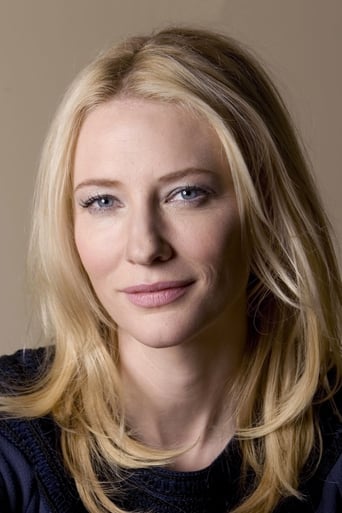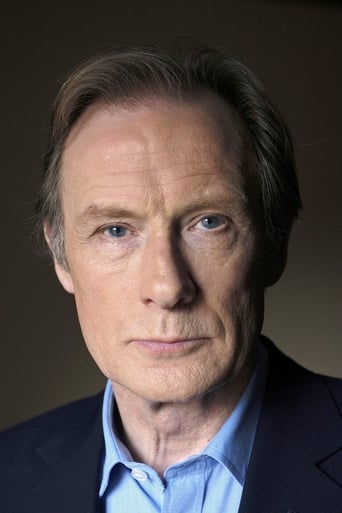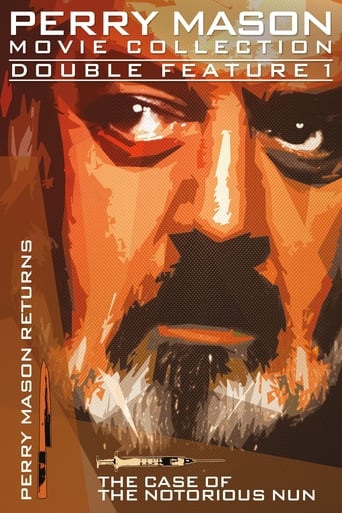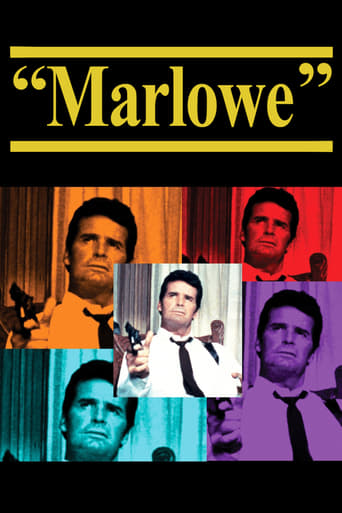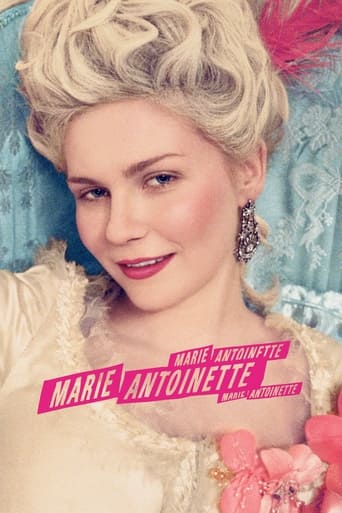Notes on a Scandal (2006)
A veteran high school teacher befriends a younger art teacher, who is having an affair with one of her 15-year-old students. However, her intentions with this new "friend" also go well beyond platonic friendship.
Watch Trailer
Free Trial Channels
Cast


Similar titles
Reviews
Very very predictable, including the post credit scene !!!
A Disappointing Continuation
Great story, amazing characters, superb action, enthralling cinematography. Yes, this is something I am glad I spent money on.
It is a whirlwind of delight --- attractive actors, stunning couture, spectacular sets and outrageous parties.
This is one of the most gripping drama films I've seen in a long time. Supported by absolute class acting performances by Judi Dench and Cate Blanchett, the movie explores the torment and the needs of the two women as each of them become friends and then the plots unravels the dimensions of each of these characters through gradual slips of engagement. The movie goes deep into the portrayal of the immense burden of solitude that the protagonist is surrounded with, as the screenplay functions through a narration of Barbara's diary. The background score gets a bit overbearing at times, but overall it flavours the movie with a sense of brewing emotions and turmoil. I'd say it's a sleek, profound and an intact interpretation of the novel and is a must watch for people who enjoy watching drama. It does seem like a bit dark in it's overall perspective, as the viewer doesn't feel empathetic about the tragic endings of all the characters involved.
Perhaps you can guess from the name of the film that it tells the story of a scandal and hidden secrets. The highlight of the movie is the impressive acting skills of the two heroes, Kate Blanchett (Sheba) and Judith Olivia (Barbara). This film was nominated for an Oscar and a Golden Globe in 2006.Barbara and Sheba are colleagues in a public high school. Sheba is a new art teacher, who is elegant and attractive for the students. Barbara is the opposite. She is serious and very tough. The students are very afraid of her. You can smell from the plot that Sheba is Barbara's prey. They become closer after Sheba's scandal is revealed. Actually Barbara exposes Sheba's relationship with her student, a 16 years old boy. She tricks Sheba into trusting her. She wants to own Sheba to fill her lonely life.Sheba finds Barbara's secret and sick behavior in her diary. She realizes she has been tricked and controlled by Barbara. The story seems to have ended, but Barbara will not stop her seeking. She starts to find her next prey.Sometimes the complicated world is like a weird story. You never know what is hidden under the peace.
"Notes on a Scandal" is one of my all-time favorite films. In my mind, it's perfection. Directed by Richard Eyre, and adapted by Patrick Marber from the novel by Zoe Heller, it's a film that I can never get enough of. It's as sensational and (pun intended) scandalous as a soap opera but is written with great intelligence and nuance, as well as features first-class acting. This London-set story of a lonely, bitter high-school history teacher, Barbara Covett (Judi Dench), and her twisted friendship with the school's fragile yet deviant new art teacher, Sheba Hart (Cate Blanchett), has all sorts of layers to plumb.It was nominated for four Oscars, after its 2006 release, and one of them was for Marber's Adapted Screenplay. It was very well-deserved and he probably should've won. Eyre directs the film well, striking a balance between a minimalism that shows his theatre roots and a subtle gift for keeping the pacing alive. Yet, the true foundation of the film is the script. "Notes on a Scandal" is not only wildly entertaining and gripping but full of classic dialogue. Marber is, after all, the same man who gave us the line "Lying is the most fun a girl can have without taking her clothes off, but it's better if you do" from his play/film "Closer." So, there's not only zingers here, mostly through Dench's impeccably delivered, acerbic voiceovers, that will make you howl but evocative lines that will make you think. For example: "It takes courage to recognize the real from the convenient." It's quite rare to see a story that is not only woman-centered but so unsentimental and brutally honest in its depiction of said women. In this, Marber sticks faithfully to Heller's novel. Barbara and Sheba are both fleshed out in three-dimensional ways, given sympathetic qualities at the same time that their unlikable, appalling, or absurd traits aren't glossed over. Some reviewers seem to have taken issue with Sheba, in particular, and why we aren't given a clear answer as to why this bright, attractive, happily married woman would sleep with her 15-year-old student, Steven Connolly (Andrew Simpson). But, I think that's the essential point. It's all too complicated to sum up so neatly and logically.Blanchett, who was Oscar-nominated for her performance, does a fantastic job at playing Sheba's ambiguity and complexity. She is full of yearning, vulnerability, and confusion, while also keeping us guessing, as well. Sheba has to be as much of a mystery as she is a bleeding heart and Blanchett nails this balance very well. Bill Nighy shines in his smaller role as Sheba's husband and Simpson brings a roguish, boyish charm that makes him dangerously appealing.And then there's Dench. The Great Dame received an Oscar nod for this role and many would agree that she should have won (no offense Helen Mirren). She does so much with Barbara. First off, she's utterly hilarious, dishing out dry English wit like nobody's business. Second off, she's appropriately unsettling and horrifying, not holding back from the character's creepy, controlling nature. Yet, she is also deeply empathetic. The more the film progresses, the more you forget Barbara is such a "monster". The loneliness and need that Dench grounds her in is superb.Now, Philip Glass was also Oscar-nominated for his Original Score, which I have to mention, as it seems to be quite polarizing. I personally loved it. A bit over-the-top? Yes. But, it adds to the juiciness of the movie. It kept me on the edge of my seat, in certain moments, especially during a climactic showdown between Barbara and Sheba. It helped make the film seem like an actual psychological thriller, not just a drama."Notes on a Scandal" is a movie you truly experience. One minute you're laughing, the next you're gasping, and the next you're feeling deeply for two people who you might otherwise simply judge.
Quite by chance, I happened to see "Notes on a Scandal" and the recent "Philomena" in the same weekend, thus giving me a chance to see Judi Dench displaying two aspects of her acting talents playing two very different characters. Philomena Lee, the heroine of the recent film, is a gentle, sympathetic elderly lady, someone with great reserves of inner strength and great powers of forgiveness, even though she has been unjustly treated. Dench's character in this film, Barbara Covett, is less its heroine than its anti-heroine. Barbara is a history teacher at a comprehensive school in North London. Her closest friend is another member of the staff, Sheba Hart. The two women are very different. Barbara is an elderly spinster approaching retirement. (Dench was 72 when the film was made, but as female teachers in Britain normally retire at 62 we are presumably supposed to assume that Barbara is somewhat younger than that). She takes a very traditional approach to teaching and is a strict disciplinarian. Sheba, a married woman, is much younger than Barbara. She is an art teacher and (as all art teachers are traditionally said to be) rather bohemian in her outlook, the sort of teacher who would prefer to make every pupil her best friend rather than maintain order in the classroom.The key plot point comes when Barbara discovers that Sheba, whose marriage is not a happy one, is having a sexual relationship with a 15- year-old student. Barbara does not inform the authorities about this, but the reason for her lack of action is not simply misplaced loyalty to a friend; she may have darker, more sinister motives of her own. The film then explores the various developments arising from this situation. The film was nominated for four Academy Awards, including Best Actress for Dench as Barbara and Best Supporting Actress for Cate Blanchett as Sheba. Although both actresses well deserved their nominations, I found it strange that they were nominated in different categories, because it would be difficult to say which is here the leading performance and which the supporting one. Possibly this was done so they did not have to compete against one another, although in the event both lost out, Dench to another grande dame of the British cinema, Helen Mirren in "The Queen" and Blanchett to Jennifer Hudson in "Dreamgirls". I sometimes think that the Academy should award a special "Best Joint Acting" Oscar for actors or actresses who combine together so well that they appear to give a joint performance which is greater than either of the two constituent parts. "Notes on a Scandal" is a case where such an award would be well deserved. As I said, Dench's Barbara is the film's anti-heroine rather than its heroine, but that is not quite the same as calling her the villain. She is outwardly a respectable, professional member of the community, but inwardly lonely and desperate for a friend. She is probably a repressed lesbian; the L-word is never actually used, but her growing obsession with Sheba suggests a sexual desire she is unable or unwilling to admit to, even to herself. (We learn that Barbara had earlier formed a similar friendship with another colleague, a friendship which became so obsessive that the colleague was forced to threaten her with a restraining order). She can be deceitful and manipulative, and yet we cannot help but feel some sympathy with her. Blanchett's Sheba also has some claim on our sympathy, even though she is guilty of a criminal offence in conducting an affair with an under- age boy. She seems to be going through a mid-life crisis while still in her mid thirties. Her marriage to a much older man, a college lecturer named Richard, is an unhappy one, and she feels the need for reassurance that she is still physically attractive and able to inspire affection. She too is lonely and in need of friendship, which explains why she embarks upon so desperate an affair and why she is so vulnerable to Barbara's manipulations. There are other good contributions from Bill Nighy as Richard and Andrew Simpson as Sheba's young lover Steven.The film was directed by Richard Eyre, who is perhaps better known in Britain for his work in television and the theatre than in the cinema, although he has directed other films including "Iris", which also starred Judi Dench. Like "Iris" and his more recent "The Other Man", "Notes on a Scandal" has something of the feel of a television play, both in terms of the direction and of the writing. It is a psychological drama which takes a cold-eyed look at London's bohemian intellectual classes, yet its view of its protagonists is not altogether unsympathetic. This is the sort of intelligent human drama which the British cinema does well. 8/10

